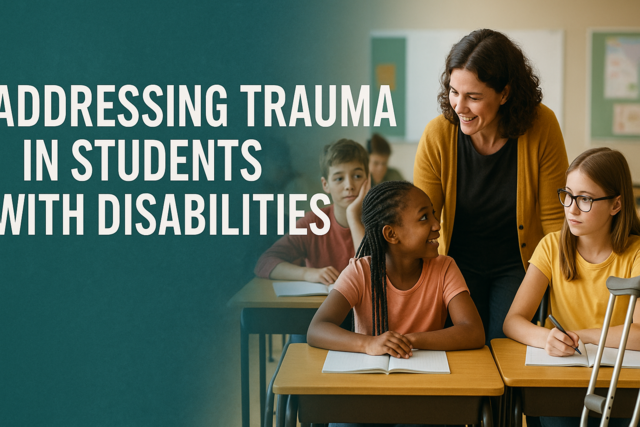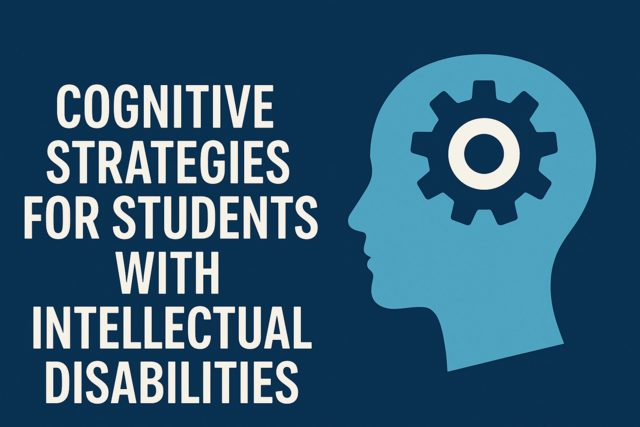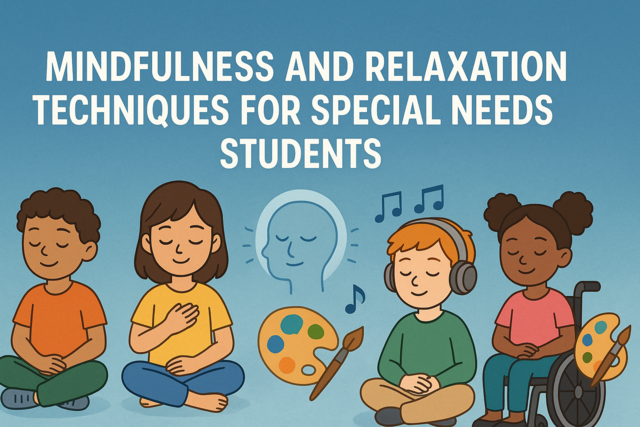Online Class: Fostering Peer Relationships in Inclusive Classrooms

no certificate
with CEU Certificate*
-
15Lessons
-
22Exams &
Assignments -
7Hours
average time -
0.7CEUs
Course Description
In a world brimming with diversity, it is through cooperation and understanding that we truly thrive. Picture a classroom where every student feels seen, heard, and valued—a place where learning transcends mere academic achievement to become a fulfilling, life-changing experience deeply rooted in empathy and inclusive engagement. Welcome to "Fostering Peer Relationships in Inclusive Classrooms," a course designed not just to inform, but to transform your approach to education.
Imagine walking into a classroom where every student's face lights up, creating a vibrant atmosphere of mutual respect and genuine connection. This is not just a vision; it's the potential reality for educators equipped with the right tools and insights. Our course goes beyond traditional teaching methods, offering you innovative strategies to cultivate an environment where each diverse voice is not just acknowledged but celebrated. It's an invitation to revolutionize your teaching practice, leaving a profound impact on your students' lives and on you as an educator.
At the core of this course lies the power of empathy—a superpower that, when harnessed, can dissolve barriers and bring people closer in today's diverse classrooms. We delve deep into the essence of empathy, exploring how it can be developed and nurtured among students. Envision a classroom where empathy becomes a cornerstone, allowing students to grasp different emotional narratives, fostering understanding, and creating bonds that extend beyond their school years into lifelong friendships.
But empathy is just the beginning. Our course unfolds like an engaging narrative, taking you on a journey through various transformative strategies aimed at enhancing social dynamics and fostering peer relationships. We look into diverse cultural narratives and integrate them into your teaching, empowering students with a broad-minded view of the world. Every lesson is a stepping stone, building towards a comprehensive understanding of how to create a classroom community where diversity is not just recognized but embraced as a strength.
Think of the endless possibilities when students communicate effectively across cultural lines, where alternative communication tools unlock new ways of interaction for every child, ensuring inclusivity and meaningful participation. Through role-playing and other immersive activities, students learn the subtleties of effective communication and collaboration, skills that prepare them not only for academic success but for life as empathetic, engaged global citizens.
The magic happens when theory meets practice—when you, the educator, become the guide who shapes these fledgling relationships. In this course, you are not a mere participant but an integral part of a community of like-minded individuals committed to change. You'll engage in enriching discussions, share challenges and victories, and gain access to a wealth of resources designed to support and inspire your teaching journey.
A notable highlight is our focus on peer mentoring, a transformative strategy that elevates student interaction to a new level. Watch as mentors and mentees grow together, building a supportive network that fosters leadership, diminishes social anxieties, and nurtures empathy. It's a ripple effect of positive change that impacts the classroom and echoes into families and communities.
But our commitment to fostering change does not end in the classroom. We recognize the importance of family engagement and community involvement in sustaining a supportive and inclusive educational environment. This course explores strategies to extend classroom learning into the broader community, building bridges that connect students with varied cultural experiences and resources.
What makes this course stand out is its promise of transformation—not just for your students but for you as an educator dedicated to making a difference. In "Fostering Peer Relationships in Inclusive Classrooms," you'll gain the confidence, skills, and insights needed to build a vibrant classroom community united in diversity.
Your journey through this course doesn't just leave an impact—it inspires a movement towards a more inclusive and understanding world. Enroll today to become the educator who transforms not only classrooms but lives—an inspiring leader in fostering the kind of inclusive relationships that make our world a better place.
- Completely Online
- Self-Paced
- 6 Months to Complete
- 24/7 Availability
- Start Anytime
- PC & Mac Compatible
- Android & iOS Friendly
- Accredited CEUs

Course Lessons
Lesson 1. Diverse Classroom Communities: Crafting an Inclusive Education Environment
Fostering a sense of belonging in inclusive education encourages students to feel connected and accepted, thus reducing isolation. Classroom practices, like story circles and collaborative learning, build interpersonal skills and empathy, preparing students for real-world interactions.Lesson 2. Unlocking Communication: Building Peer Relationships in Inclusive Classrooms
By acknowledging the profound impact of cultural and personal backgrounds on communication, educators create inclusive spaces where all students are heard and respected. Diverse instructional strategies, such as the use of augmentative and alternative communication tools, ensure every student can participate meaningfully, enhancing both social and academic interactions.Lesson 3. Empathy Unveiled: Understanding and Practicing Empathy in Diverse Learning Environments
Empathy forms the foundation of inclusive classrooms by fostering connections through understanding diverse perspectives, ultimately enhancing social interactions and communication skills. This lesson highlights how cognitive and emotional empathy not only build student relationships but also reduce bullying and promote a nurturing educational atmosphere.Lesson 4. Building Inclusive Classroom Dynamics for Diverse Learners
By integrating diverse perspectives and individual strengths in group work, inclusive classrooms enhance critical thinking and intercultural competencies. Educators act as facilitators, guiding balanced group dynamics and leveraging technology for accessible communication and collaboration.Lesson 5. Empathy and Active Listening: Foundations for Inclusive Classrooms
Empathy transforms classrooms into spaces where students are encouraged to put themselves in others' shoes, grasping different emotional narratives through storytelling and collaborative projects. Meanwhile, active listening fortifies these empathetic connections by fostering genuine communication and understanding among students with diverse backgrounds and needs.Lesson 6. Embracing Diversity: A Pathway to Empathy and Understanding
Celebrating diversity in the classroom means going beyond recognizing differences to actively using them to enhance educational experiences, encouraging empathy and broad-mindedness. By integrating diverse cultural narratives in curricula, students gain a comprehensive understanding of the world, fostering critical thinking and inclusivity.Lesson 7. Empathy, Respect, and Anti-Bullying Strategies in Education
Creating inclusive classrooms requires educators to be architects of social dynamics, leveraging cooperative learning to dismantle barriers. Involving parents and guardians in workshops ensures a consistent approach to fostering empathy and handling bullying effectively across school and home environments.Lesson 8. Inclusive Classrooms: Creating Space for Every Student
An inclusive classroom requires understanding students' diverse needs, weaving this knowledge into activities that highlight individual strengths while promoting group synergy, such as mixed-ability science projects. Through warmth, regular group discussions, and collaborative norm-setting, classrooms can become nurturing spaces where mutual respect and constructive conflict resolution are everyday practices.Lesson 9. Fostering Inclusive Peer Relationships: Understanding Diverse Social Needs
Addressing diverse social interaction needs in classrooms involves creative strategies and understanding each student's strengths. Through activities like peer mentoring and role-playing, educators can promote empathy, mutual respect, and successful collaboration among students.Lesson 10. Cultivating Lifelong Skills through Inclusive Communication
Inclusive education relies on communication strategies that value every perspective, urging students to engage in respectful dialogues and appreciate diversity. Techniques such as role-playing and cooperative learning foster a culture of empathy and collective growth.Lesson 11. Fostering Leaders: The Transformative Role of Peer Mentors
Through peer mentoring, students learn to appreciate diverse perspectives as mentors model active listening and empathy in classrooms. This transformative approach reduces social anxieties for mentees while nurturing leadership skills in mentors, contributing to inclusive educational and societal environments.Lesson 12. Fostering Dynamic Social Skills in Diverse Classrooms: Building Inclusive Peer Relationships
A key to inclusive education is teaching social skills that help students connect and collaborate across diverse backgrounds. Through techniques like role-playing and digital tools, students learn empathy and communication, enriching classroom dynamics and preparing for global citizenship.Lesson 13. Diversity and Identity in the Classroom
Cultural identity permeates every facet of student life, from language and customs to the festivals celebrated, influencing classroom dynamics significantly. Educators must acknowledge these cultural fabrics, creating inclusive lessons that honor each student's background and facilitate meaningful peer interactions.Lesson 14. Techniques for Observing and Enhancing Social Dynamics
Peer relationships in inclusive classrooms are essential for academic and social growth, with educators employing strategies such as cooperative projects and observational techniques to assess and strengthen support systems. By embracing diverse perspectives and modeling inclusive behavior, teachers enable students to become empathetic and resilient members of society.Lesson 15. Cultivating Inclusive Classrooms through Family Engagement
Community-centric strategies expand family involvement beyond the school, connecting them with social, recreational, and cultural resources. Partnerships with local organizations, like art centers and libraries, offer inclusive activities, enhancing learning experiences and fostering empathy through cultural competency events that celebrate diversity.
Learning Outcomes
- Define key principles of inclusive education and demonstrate their application in diverse classroom settings to enhance student engagement and participation.
- Identify and employ adaptable teaching strategies aligned with Universal Design for Learning to accommodate varied learning styles and promote equitable access to education.
- Demonstrate the ability to adapt communication methods to engage effectively with peers from diverse cultural and linguistic backgrounds in a classroom environment.
- Recognize and describe various communication styles and their impact on peer interactions in an inclusive classroom setting.
- Define and differentiate between cognitive and emotional empathy through classroom scenarios to enhance understanding of empathy types.
- Demonstrate active listening skills in role-playing exercises to improve students' empathic communication and conflict resolution abilities.
- Demonstrate the ability to collaboratively develop inclusive group norms, ensuring active participation and mutual respect among diverse classroom members.
- Recognize and apply positive reinforcement strategies to support inclusive practices, fostering confidence and encouraging contributions from all students in group settings.
- Demonstrate understanding by actively modifying group activities to include peers with disabilities, showcasing empathy.
- Illustrate the importance of active listening by summarizing a peer’s narrative before adding their viewpoint, promoting engagement and inclusivity.
- Demonstrate an understanding of how diversity enhances critical thinking and problem-solving skills by discussing varied perspectives in group projects.
- Explain the role of active listening and empathy in fostering inclusive peer relationships through classroom activities or role-playing exercises.
- Define and explain the various forms of bullying, including physical, verbal, relational, and cyberbullying, within inclusive classroom settings.
- Demonstrate mastery of lesson content at levels of 70% or higher.
Additional Course Information

- Document Your Lifelong Learning Achievements
- Earn an Official Certificate Documenting Course Hours and CEUs
- Verify Your Certificate with a Unique Serial Number Online
- View and Share Your Certificate Online or Download/Print as PDF
- Display Your Certificate on Your Resume and Promote Your Achievements Using Social Media

Choose Your Subscription Plan
No Certificate / No CEUs
This course only
| Includes certificate | X |
| Includes CEUs | X |
| Self-paced |

|
| Instructor support |

|
| Time to complete | 6 months |
| No. of courses | 1 course |
Certificate & CEUs
This course only
| Includes certificate |

|
| Includes CEUs |

|
| Self-paced |

|
| Instructor support |

|
| Time to complete | 6 months |
| No. of courses | 1 course |
Certificates & CEUs
Includes all 600+ courses
| Includes certificate |

|
| Includes CEUs |

|
| Self-paced |

|
| Instructor support |

|
| Time to complete | 12 Months |
| No. of courses | 600+ |
Certificates & CEUs
Includes all 600+ courses
| Includes certificate |

|
| Includes CEUs |

|
| Self-paced |

|
| Instructor support |

|
| Time to complete | 24 Months |
| No. of courses | 600+ |
Related Courses
-
 4 hours
0.4 CEUs
Accident Investigation Techniques
+ More Info
4 hours
0.4 CEUs
Accident Investigation Techniques
+ More Info
-
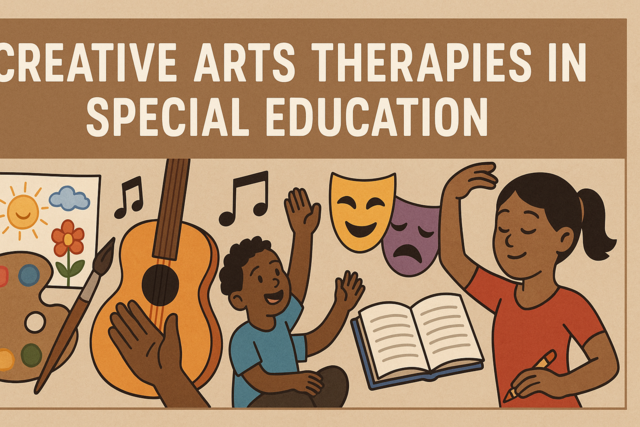 3 hours
0.3 CEUs
Creative Arts Therapies in Special Education
+ More Info
3 hours
0.3 CEUs
Creative Arts Therapies in Special Education
+ More Info
-
 7 hours
0.7 CEUs
Introduction to Human Resources
+ More Info
7 hours
0.7 CEUs
Introduction to Human Resources
+ More Info
-
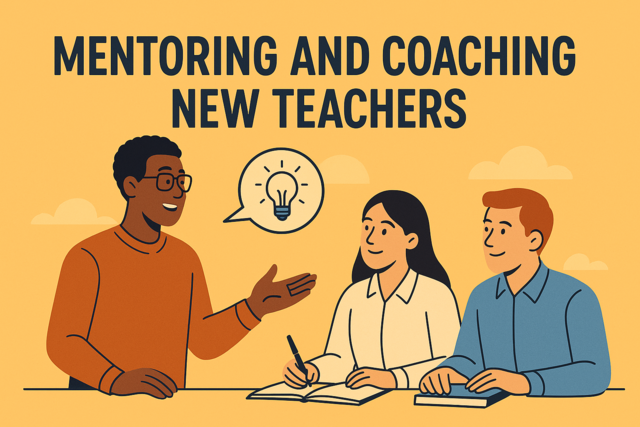 5 hours
0.5 CEUs
Mentoring and Coaching New Teachers
+ More Info
5 hours
0.5 CEUs
Mentoring and Coaching New Teachers
+ More Info
-
 6 hours
0.6 CEUs
Building an Effective Personal Brand
+ More Info
6 hours
0.6 CEUs
Building an Effective Personal Brand
+ More Info
-
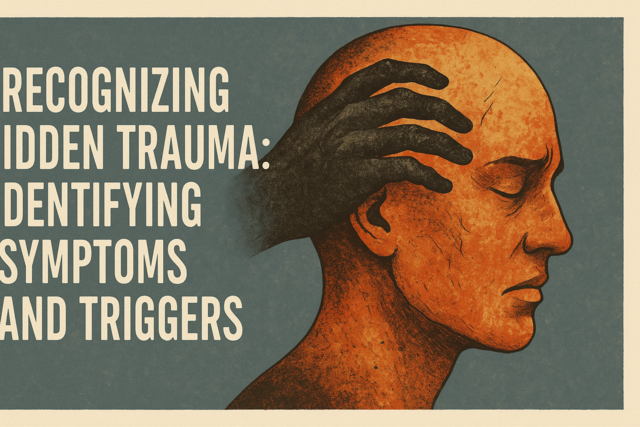 4 hours
0.4 CEUs
Recognizing Hidden Trauma: Identifying Symptoms and Triggers
+ More Info
4 hours
0.4 CEUs
Recognizing Hidden Trauma: Identifying Symptoms and Triggers
+ More Info
-
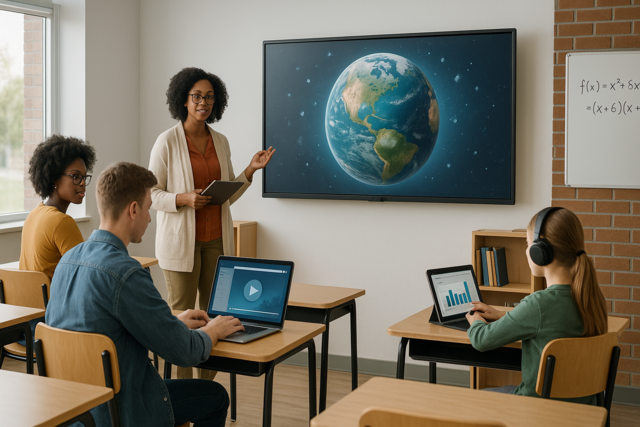 7 hours
0.7 CEUs
Blended Learning Models in Schools
+ More Info
7 hours
0.7 CEUs
Blended Learning Models in Schools
+ More Info
-
 3 hours
0.3 CEUs
Supervisory Skills for New Managers
+ More Info
3 hours
0.3 CEUs
Supervisory Skills for New Managers
+ More Info
-
 6 hours
0.6 CEUs
The Healing Power of Crystals
+ More Info
6 hours
0.6 CEUs
The Healing Power of Crystals
+ More Info
-
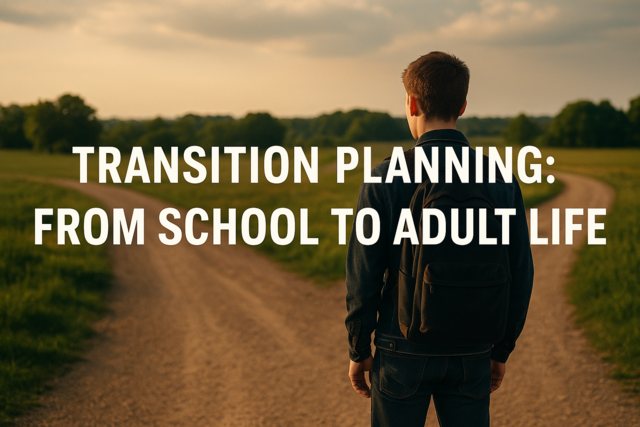 6 hours
0.6 CEUs
Transition Planning: From School to Adult Life
+ More Info
6 hours
0.6 CEUs
Transition Planning: From School to Adult Life
+ More Info
-
 6 hours
0.6 CEUs
Ethical Decision-Making in Business
+ More Info
6 hours
0.6 CEUs
Ethical Decision-Making in Business
+ More Info
-
 4 hours
0.4 CEUs
Assertiveness Training for Professionals
+ More Info
4 hours
0.4 CEUs
Assertiveness Training for Professionals
+ More Info
-
 5 hours
0.5 CEUs
Conscious Living: Mastering Mindfulness
+ More Info
5 hours
0.5 CEUs
Conscious Living: Mastering Mindfulness
+ More Info
-
 7 hours
0.7 CEUs
Stress Less: Mindful Techniques for Family Harmony
+ More Info
7 hours
0.7 CEUs
Stress Less: Mindful Techniques for Family Harmony
+ More Info
-
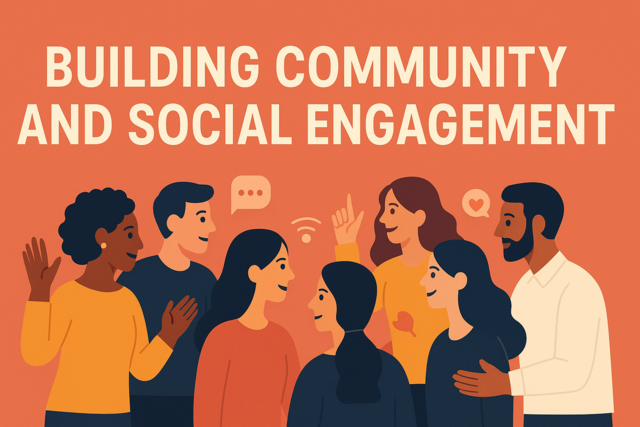 7 hours
0.7 CEUs
Building Community and Social Engagement
+ More Info
7 hours
0.7 CEUs
Building Community and Social Engagement
+ More Info
-
 4 hours
0.4 CEUs
Leading with Emotional Intelligence
+ More Info
4 hours
0.4 CEUs
Leading with Emotional Intelligence
+ More Info
-
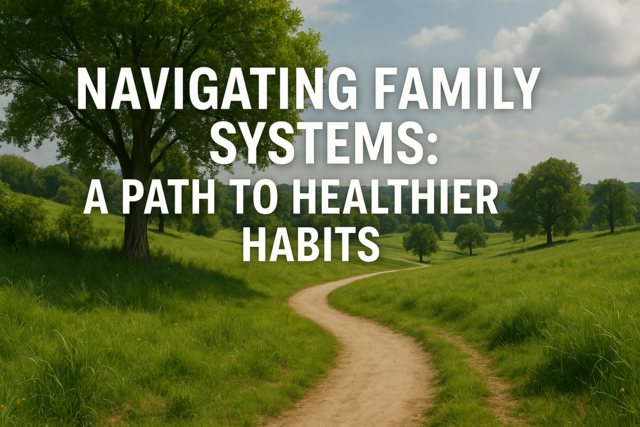 4 hours
0.4 CEUs
Navigating Family Systems: A Path to Healthier Habits
+ More Info
4 hours
0.4 CEUs
Navigating Family Systems: A Path to Healthier Habits
+ More Info
-
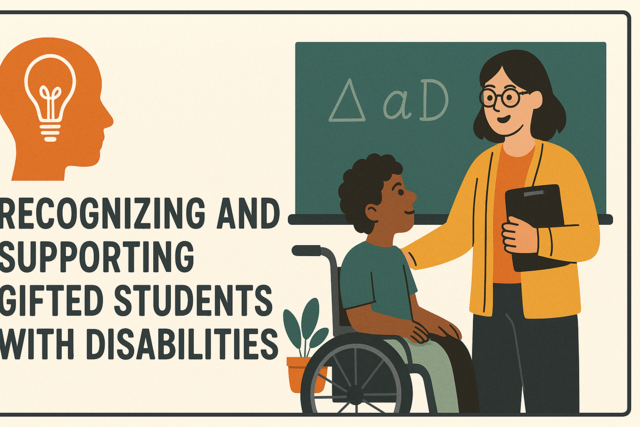 5 hours
0.5 CEUs
Recognizing and Supporting Gifted Students with Disabilities
+ More Info
5 hours
0.5 CEUs
Recognizing and Supporting Gifted Students with Disabilities
+ More Info
-
 6 hours
0.6 CEUs
Beyond the Runway: Influencing Trends in Modern Luxury
+ More Info
6 hours
0.6 CEUs
Beyond the Runway: Influencing Trends in Modern Luxury
+ More Info
-
 4 hours
0.4 CEUs
Esoteric Traditions and Ancient Wisdom
+ More Info
4 hours
0.4 CEUs
Esoteric Traditions and Ancient Wisdom
+ More Info
-
 4 hours
0.4 CEUs
Understanding Artificial Intelligence
+ More Info
4 hours
0.4 CEUs
Understanding Artificial Intelligence
+ More Info
-
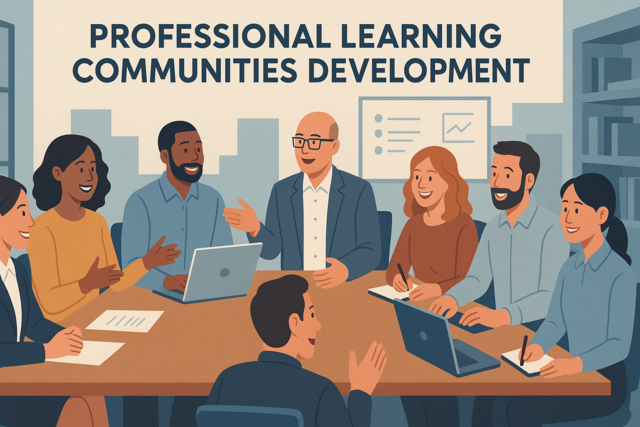 6 hours
0.6 CEUs
Professional Learning Communities Development
+ More Info
6 hours
0.6 CEUs
Professional Learning Communities Development
+ More Info
-
 4 hours
0.4 CEUs
The Use of Analytics in Education
+ More Info
4 hours
0.4 CEUs
The Use of Analytics in Education
+ More Info
-
 7 hours
0.7 CEUs
Self-Care and Wellness Practices
+ More Info
7 hours
0.7 CEUs
Self-Care and Wellness Practices
+ More Info
-
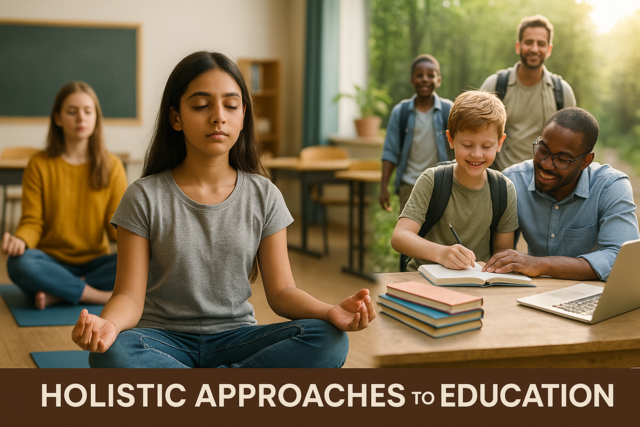 3 hours
0.3 CEUs
Holistic Approaches to Education
+ More Info
3 hours
0.3 CEUs
Holistic Approaches to Education
+ More Info
-
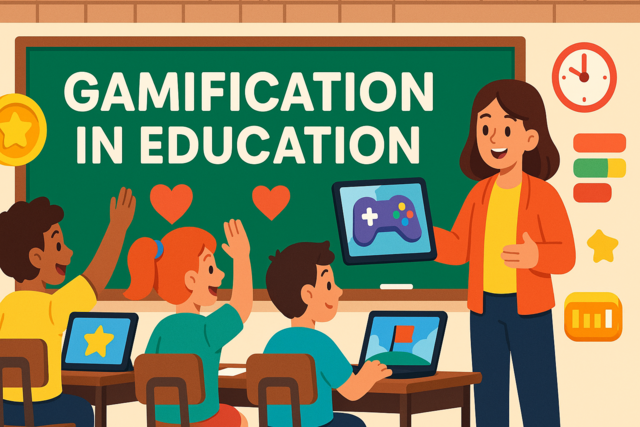 4 hours
0.4 CEUs
Gamification in Education
+ More Info
4 hours
0.4 CEUs
Gamification in Education
+ More Info
-
 4 hours
0.4 CEUs
Emergency Preparedness and Survival Skills
+ More Info
4 hours
0.4 CEUs
Emergency Preparedness and Survival Skills
+ More Info
-
 5 hours
0.5 CEUs
The Enigmatic Dimensions of Time
+ More Info
5 hours
0.5 CEUs
The Enigmatic Dimensions of Time
+ More Info
-
 6 hours
0.6 CEUs
Basic Gardening and Plant Care
+ More Info
6 hours
0.6 CEUs
Basic Gardening and Plant Care
+ More Info
-
 4 hours
0.4 CEUs
Creating a Culture of Collaboration
+ More Info
4 hours
0.4 CEUs
Creating a Culture of Collaboration
+ More Info
-
 5 hours
0.5 CEUs
Time Travel Mysteries and Paradoxes
+ More Info
5 hours
0.5 CEUs
Time Travel Mysteries and Paradoxes
+ More Info
-
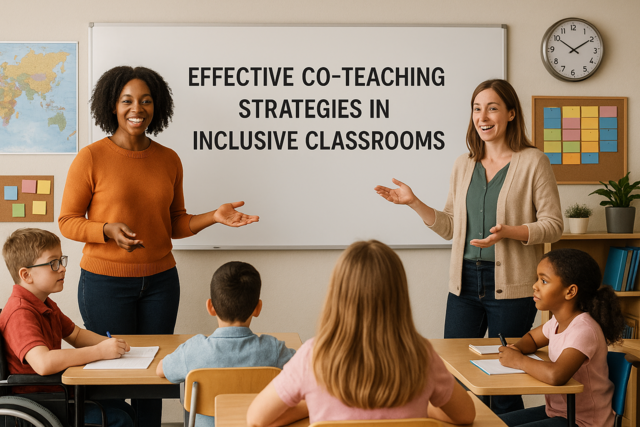 5 hours
0.5 CEUs
Effective Co-Teaching Strategies in Inclusive Classrooms
+ More Info
5 hours
0.5 CEUs
Effective Co-Teaching Strategies in Inclusive Classrooms
+ More Info
-
 5 hours
0.5 CEUs
Intuitive Arts: Beyond the Five Senses
+ More Info
5 hours
0.5 CEUs
Intuitive Arts: Beyond the Five Senses
+ More Info
-
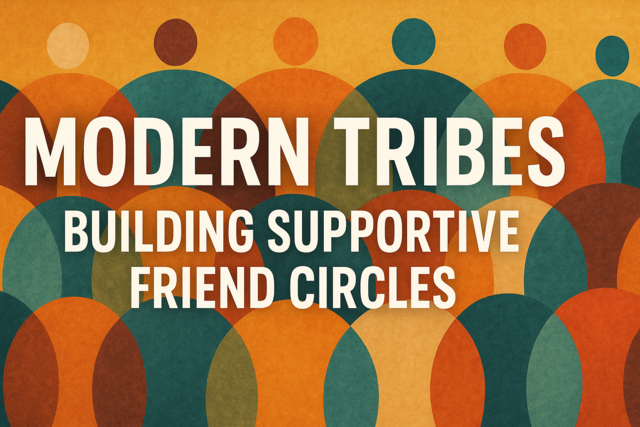 6 hours
0.6 CEUs
Modern Tribes: Building Supportive Friend Circles
+ More Info
6 hours
0.6 CEUs
Modern Tribes: Building Supportive Friend Circles
+ More Info
-
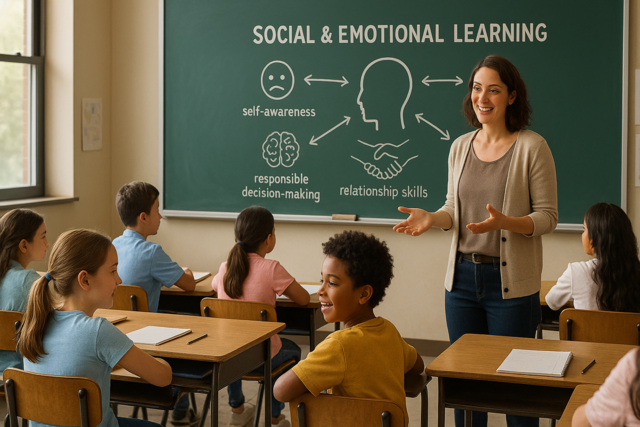 6 hours
0.6 CEUs
Social and Emotional Learning: Programs and Practices
+ More Info
6 hours
0.6 CEUs
Social and Emotional Learning: Programs and Practices
+ More Info
-
 7 hours
0.7 CEUs
The Science of Miracles: When Logic Defies Understanding
+ More Info
7 hours
0.7 CEUs
The Science of Miracles: When Logic Defies Understanding
+ More Info
-
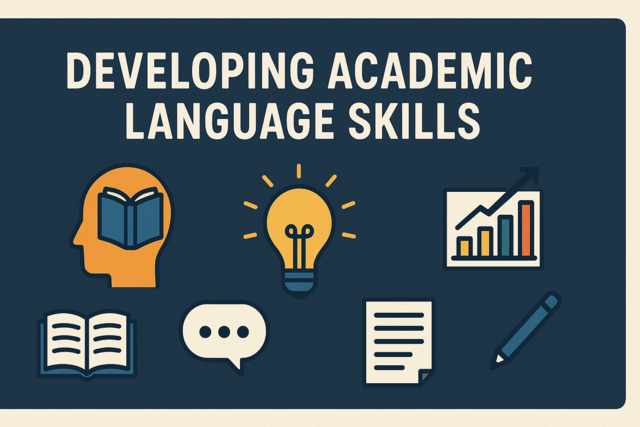 7 hours
0.7 CEUs
Developing Academic Language Skills
+ More Info
7 hours
0.7 CEUs
Developing Academic Language Skills
+ More Info
-
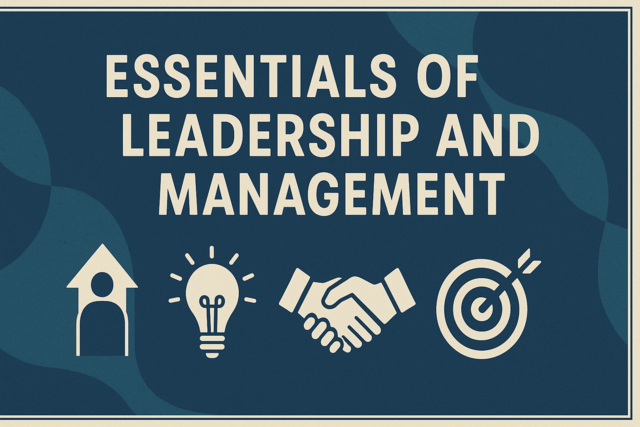 4 hours
0.4 CEUs
Essentials of Leadership and Management
+ More Info
4 hours
0.4 CEUs
Essentials of Leadership and Management
+ More Info
-
 6 hours
0.6 CEUs
Iconic Influence: Women's Wear in the Age of Luxury
+ More Info
6 hours
0.6 CEUs
Iconic Influence: Women's Wear in the Age of Luxury
+ More Info


